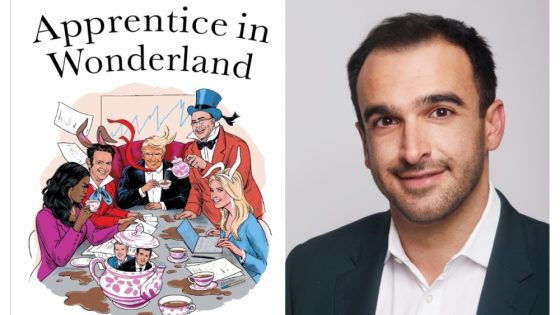A Calgary judge has issued a ruling that clears the way for a 27-year-old woman to receive medical assistance in dying (MAID) despite her father’s attempts through the courts to prevent that from happening.
A publication ban protects the identities of the parties and the medical professionals. CBC News will identify the daughter as M.V. and the father as W.V.
While Justice Colin Feasby acknowledged the “profound grief” that W.V. would suffer with the death of his child, he ruled the loss of M.V.’s autonomy was more important.
“M.V.’s dignity and right to self-determination outweighs the important matters raised by W.V. and the harm that he will suffer in losing M.V.,” wrote Feasibly in his 34-page written decision issued Monday.
“Though I find that W.V. has raised serious issues, I conclude that M.V.’s autonomy and dignity interests outweigh competing considerations.”
Decision stayed pending potential appeal
Feasby’s decision sets aside an interim injunction the father was granted the day before M.V.’s assisted suicide was set to take place in the family’s home.
But the judge also issued a 30-day stay of his decision so that W.V. can take the case to the Alberta Court of Appeal, which means the interim injunction will remain in place for the next month.
M.V. lives with her father and was approved for MAID in December.
She did not file any court documents explaining how she came to qualify for MAID.
Lawyer Austin Paladeau said the case boils down to his client’s right to medical autonomy and argued W.V.’s love for his daughter “does not give him the right to keep her alive against her wishes.”
‘She is generally healthy’
But W.V. believes his daughter “is vulnerable and is not competent to make the decision to take her own life,” according to Feasby’s summary of the father’s position.
“He says that she is generally healthy and believes that her physical symptoms, to the extent that she has any, result from undiagnosed psychological conditions.”
Her only known diagnoses described in court earlier this month are autism and ADHD.
On top of requesting a court-ordered injunction, W.V. also asked Feasby to order a judicial review, which would examine how M.V. was able to obtain MAID approval.
‘Tie-breaker’ doctor
Currently, two doctors or nurse practitioners have to approve a patient for MAID.
Feasby heard that two doctors were initially approached by M.V. One agreed to sign off on approving her for MAID, the other denied the application.
A third “tie-breaker” doctor, as described by lawyers for Alberta Health Services, was then offered to M.V.
Her father took issue with the third doctor who signed off on M.V.’s MAID approval “because he was not independent or objective.”
No MAID appeal process
At the March 11 hearing, Sarah Miller, counsel for the father, called the situation “a novel issue for Alberta” because the province operates a system where there is no appeal process and no means of reviewing a person’s MAID approval.
Miller asked the judge to order a judicial review of M.V.’s MAID approval, but Feasby also refused that request.
“The court cannot review a MAID applicant’s decision-making or the clinical judgment of the doctors and nurse practitioners involved in assessing an applicant’s suitability for MAID,” wrote Feasby.
“The inability to review the clinical judgment of the professionals making MAID assessments precludes the court from going behind the medical assessments to question whether M.V.’s sole condition is mental illness or disability.”
Source Agencies


